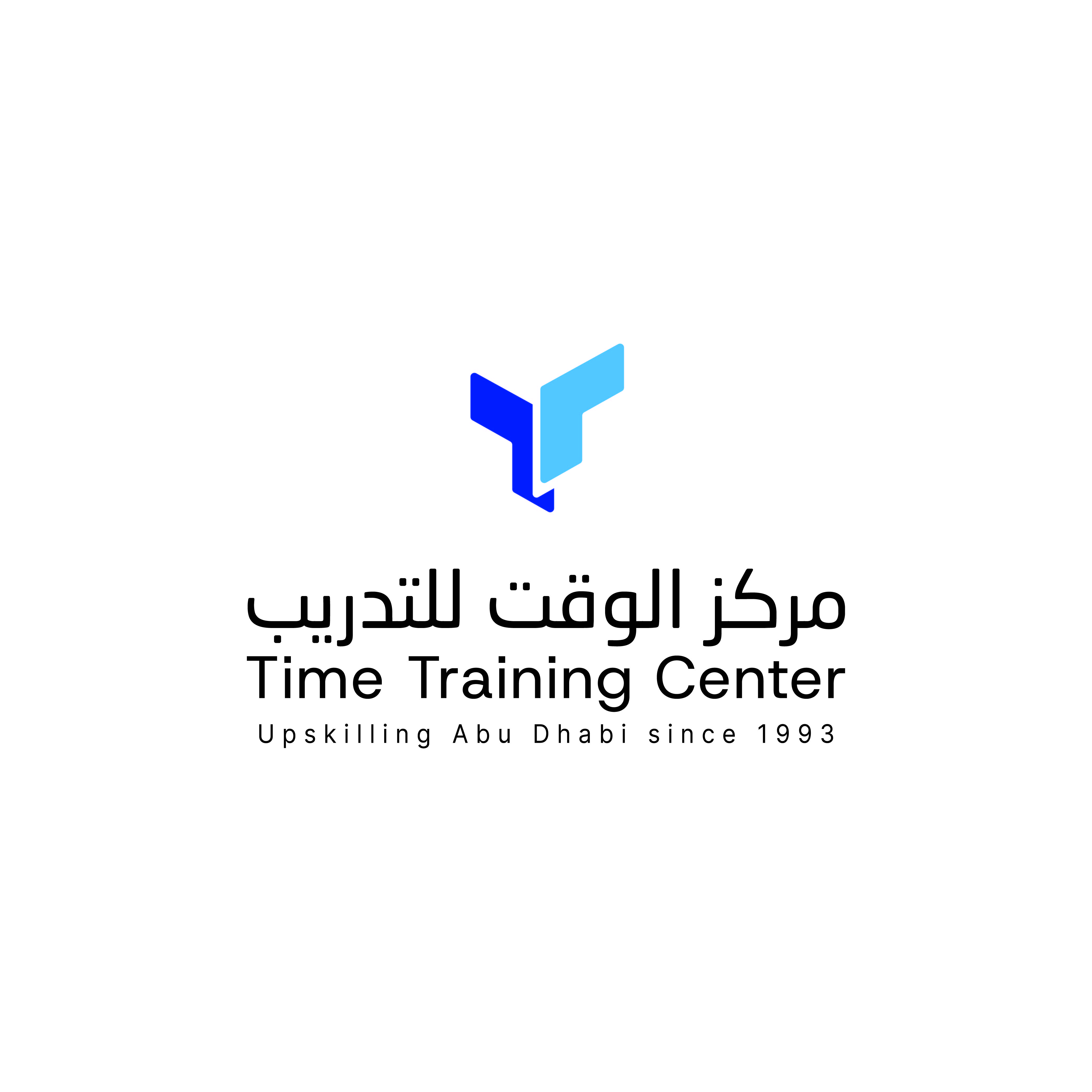Healthcare professionals who intend to practise in the United Arab Emirates must decide between the Department of Health, Abu Dhabi (HAAD), and the Dubai Health Authority (DHA). Licensure is required to obtain legal employment and ensure adherence to patient safety regulations. An estimated 50,000 more healthcare workers will be required by 2030 as the nation's healthcare sector grows at a rate of 7.5% per year and is expected to reach AED 67 billion by the end of 2025. This is due to the sharp increase in demand for qualified physicians, nurses, and allied professionals.
Since leading companies like Rashid Hospital, Mediclinic Middle East, Sheikh Shakhbout Medical City, and Cleveland Clinic Abu Dhabi are growing their workforces, obtaining a license can lead to stability, better pay, and career advancement. Whether you want to work in Abu Dhabi or Dubai ultimately depends on your career goals and how well they match the opportunities in each market. Read on to gain a clear understanding of the key differences between HAAD and DHA licensing for healthcare professionals in the UAE.
Key Differences Between HAAD and DHA (HAAD vs DHA)
The main differences between HAAD and DHA licenses are compared in detail below.
-
Governing Authority and Geographic Scope
-
Application Process and Required Documents
-
Examination Structure and Content
-
Professional Experience Requirements
-
Job Market and Demand
-
License Validity and Renewal
-
Transferability Between Emirates
-
Major Companies Hiring
-
Salary & Benefits
Let us analyse each one in detail.
1. Governing Authority and Geographic Scope
Healthcare is governed separately by each emirate.
-
DOH (HAAD) License: To practise in the Emirate of Abu Dhabi, including Al Ain, a DOH (HAAD) licence is necessary. All licensing, compliance, and facility requirements are set by the Department of Health.
-
DHA License: To practise in Dubai, a DHA licence is necessary. All medical services and rules in Dubai are supervised by the Dubai Health Authority.
2. Application Process and Required Documents
Despite using different systems, both authorities run digital portals.
-
DOH (HAAD): Applications are handled via DOH's online services or the TAMM portal. Transcripts, work experience letters, Good Standing Certificates, attested education certificates, copies of passports, and, in certain situations, Arabic translations are all necessary. Dataflow Primary Source Verification (PSV) is used to validate all credentials.
-
DHA: The Sheryan portal is used to submit applications. Transcripts, work experience letters, education certificates, a copy of one's passport, and a Good Standing Certificate are among the requirements. Dataflow PSV is also required.
3. Examination Structure and Content
Prior to approval, candidates must pass licensing exams administered by both regulators.
-
DOH (HAAD) Exam: Emphasises the application of clinical knowledge. For certain allied health positions, exams may consist of practical tests, nursing practice questions, and scenario-based multiple-choice questions for physicians.
-
DHA Exam: Mainly MCQ-based, covering important public health policies in Dubai, clinical practice, and healthcare standards.
Passing Rates: Generally, 60–70% of candidates who are well-prepared pass both tests. Taking specialised preparation classes increases the chances of success.
4. Professional Experience Requirements
Depending on the particular healthcare profession, different minimum work experience requirements apply.
-
DOH (HAAD): Following graduation, general practitioners and nurses are required to have a minimum of two years of clinical experience. Depending on the subspeciality, specialist positions typically require three to five years or more.
-
DHA: General practitioners and nurses must complete two years of training, while specialists must meet higher requirements.
5. Job Market and Demand
Both emirates have strong healthcare sectors, but with different areas of focus. The demand for physicians, nurses, and other allied health professionals is driving a 15–20% annual increase in healthcare employment throughout the United Arab Emirates.
-
Abu Dhabi (DOH): Large government-supported hospitals like the Cleveland Clinic Abu Dhabi and Sheikh Shakhbout Medical City (SSMC) employ the majority of the workforce. There is a high demand in critical care, cardiology, neurology, oncology, and tertiary care. Priorities for medical tourism and research are also rising.
-
Dubai (DHA): Provides a range of options, both private and public. Demand for general practitioners, paediatricians, dermatologists, physiotherapists, and specialists in private hospitals is largely driven by medical tourism.
6. License Validity and Renewal
Regular licence renewals are necessary, and CPD compliance is mandatory.
-
DOH (HAAD): Valid for 1–2 years. Renewal requires proof of completed CPD hours and a valid Good Standing Certificate.
-
DHA: Also valid for 1–2 years. Renewal is conditional on CPD completion and maintaining professional standing.
7. Transferability Between Emirates
Since moving between emirates necessitates repeating certain licensing procedures, take your long-term professional objectives into account when selecting a licence. Licenses are emirate-specific and not interchangeable.
-
DOH (HAAD) to DHA Transfer: You must apply via the DHA system if you wish to work in Dubai and have an Abu Dhabi DOH licence. DHA might ask you to take their licensing exam or go through a structured evaluation, depending on your credentials and area of expertise. Each authority maintains its own regulatory framework and standards, so even though some documentation can be transferred, the transition is more complicated than that.
-
DHA to DOH (HAAD) Transfer: Likewise, DHA-licensed professionals who intend to relocate to Abu Dhabi must apply via the DOH portal. Abu Dhabi's particular healthcare regulations frequently require an extra exam or oral evaluation to confirm competency.
Read Also : Most Common Mistakes Candidates Make While Preparing fo the HAAD Exam
8. Major Companies Hiring Professionals with HAAD or DHA Licenses
Depending on the regulatory jurisdiction, different employers hire professionals with HAAD or DHA licenses. Although both cities draw talent from around the world, the organisations and areas of care differ.
9. Salary & Benefits
Due to factors like healthcare funding models, employer type, and cost of living, salary packages in the United Arab Emirates differ between Abu Dhabi and Dubai. While the private sector in Dubai offers competitive packages with performance-based incentives, the government-led system in Abu Dhabi usually offers more stable benefits.
Choosing the Right Path: HAAD or DHA?
Your long-term objectives will determine whether you should get a DHA licence for Dubai or a DOH (formerly HAAD) licence for Abu Dhabi. Although the formats and content vary slightly, both require passing exams. Positions in prestigious hospitals like SEHA and the Cleveland Clinic are available in Abu Dhabi, and these positions frequently come with better tax-free pay and perks like housing. Conversely, Dubai medical jobs offer a vibrant setting with private clinics, international hospitals, and greater career mobility. For the best decision, consider your preferred location, lifestyle, and career path in the UAE healthcare sector.
 +971 2 6713828
+971 2 6713828




